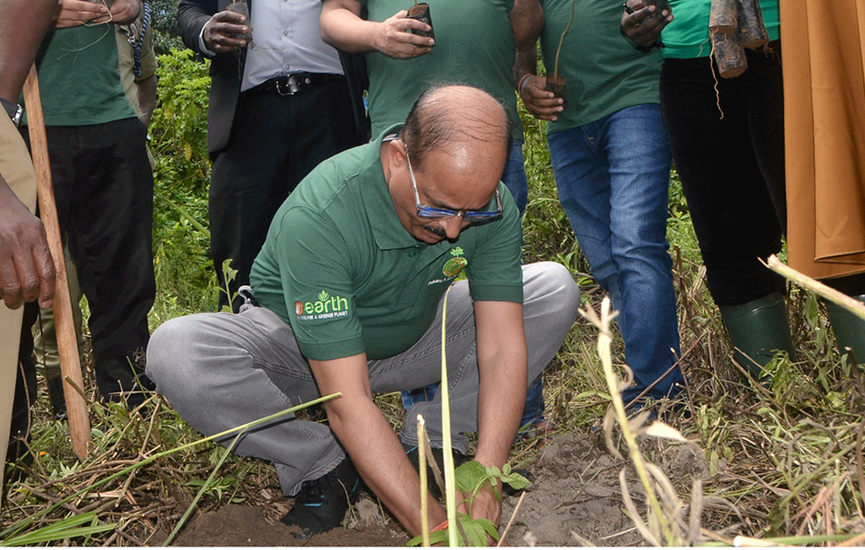A bright Thursday morning in Kampala saw more than financial jargon; the focus was on climate action, innovation, and sustainability. The EU’s funding marks a renewed investment in Uganda’s green economy, aimed at catalysing businesses that marry profit with environmental stewardship.
Phase II of UGEFA builds on earlier success: in its first phase, over 102 enterprises accessed more than Shs31.8 billion (€8.3 million) in loans via partner banks. Many of these were green-focused small and medium enterprises (SMEs) that often struggle to provide traditional collateral.
In this new phase, the programme will deepen its partnerships with banks including dfcu, Equity, Housing Finance, I&M, NCBA, and PostBank, aiming to create a robust ecosystem where green business is viable and scalable.
Michelle Walsh, the EU’s team leader for green growth and private sector, described the approach as “collaborative… that promises to unleash innovation and enhance private sector action, generating economic and environmental benefits that last well into the future.”
Equity Bank, a partner in Phase I, disbursed more than Shs27 billion to 85 enterprises working in renewable energy, sustainable agriculture, and waste management. Gift Shoko, its Managing Director, says the new funding means momentum is just beginning.
Uganda faces pressing environmental challenges population growth, expanding cities, land degradation and among its many priorities is a development model that is inclusive, sustainable, and resilient. UGEFA is positioned as a bridge between entrepreneurial energy and climate-responsive action.
By establishing financing pathways, helping green enterprises overcome barriers like lack of collateral, and pulling together banks, innovators, and regulators, Phase II aims to translate funding into real impact: cleaner technology, renewed land, more green jobs, and a shift in how business itself contributes to sustainability.
